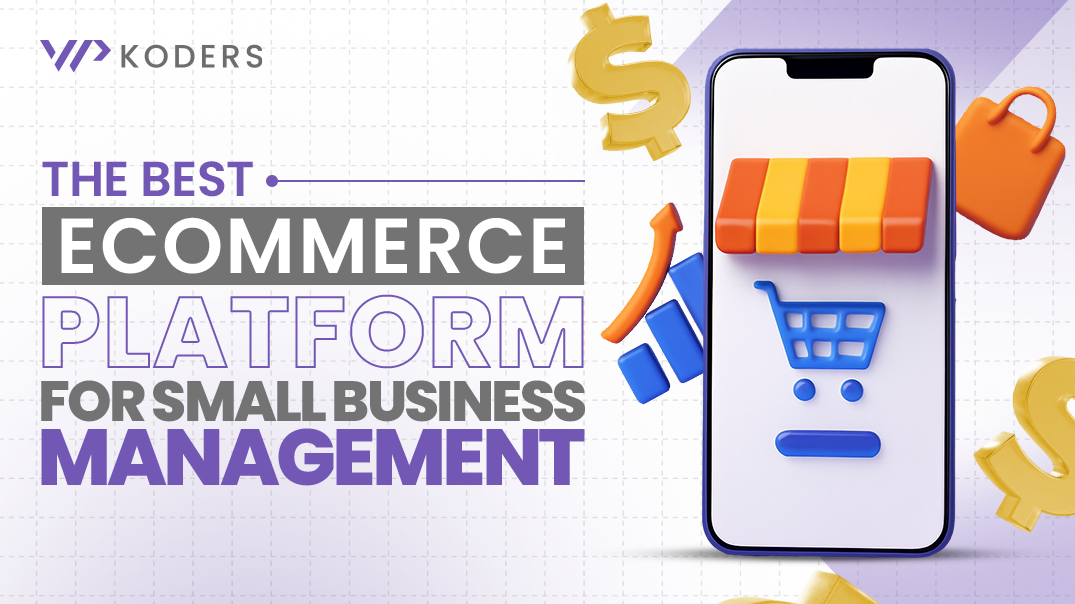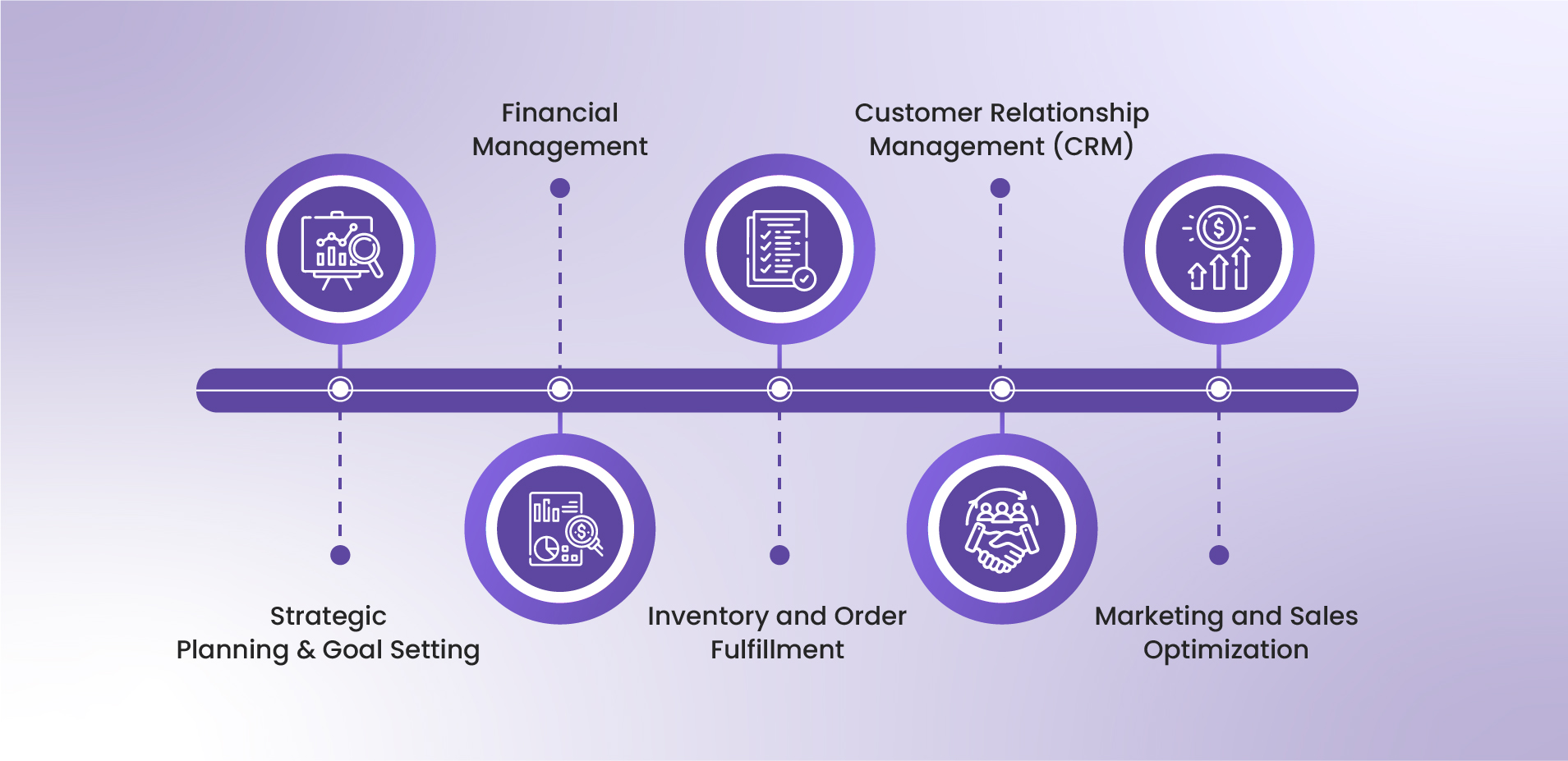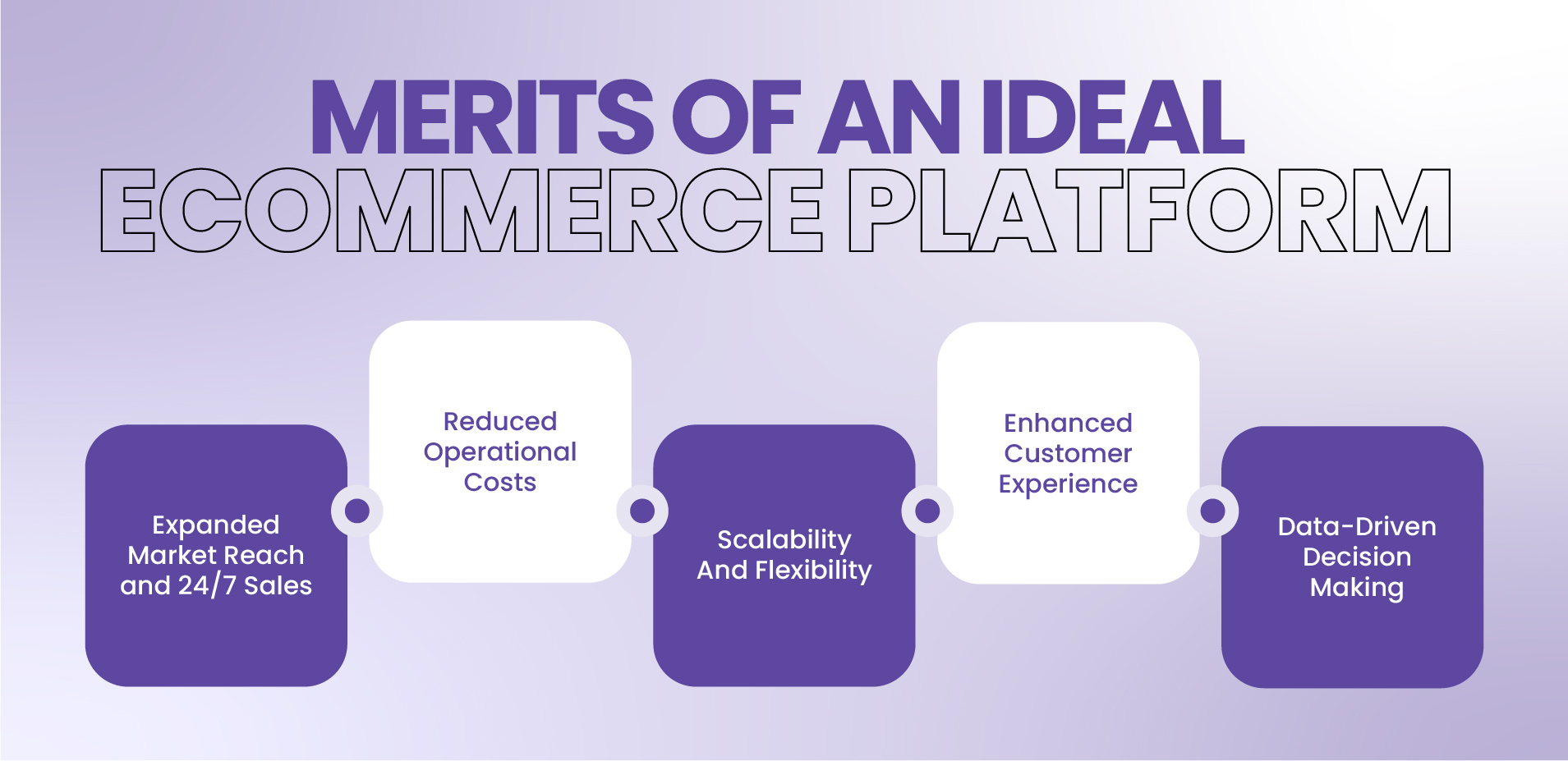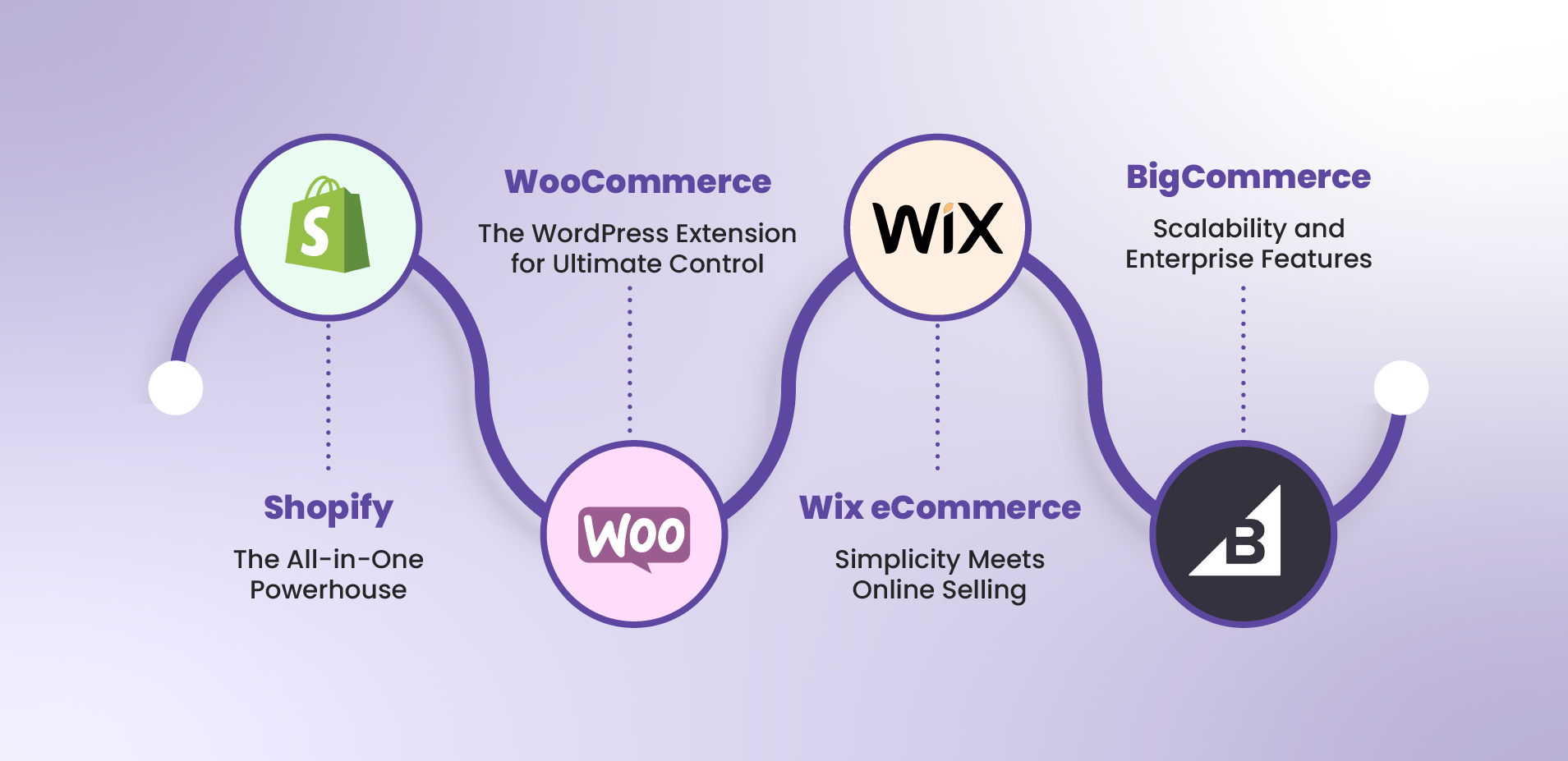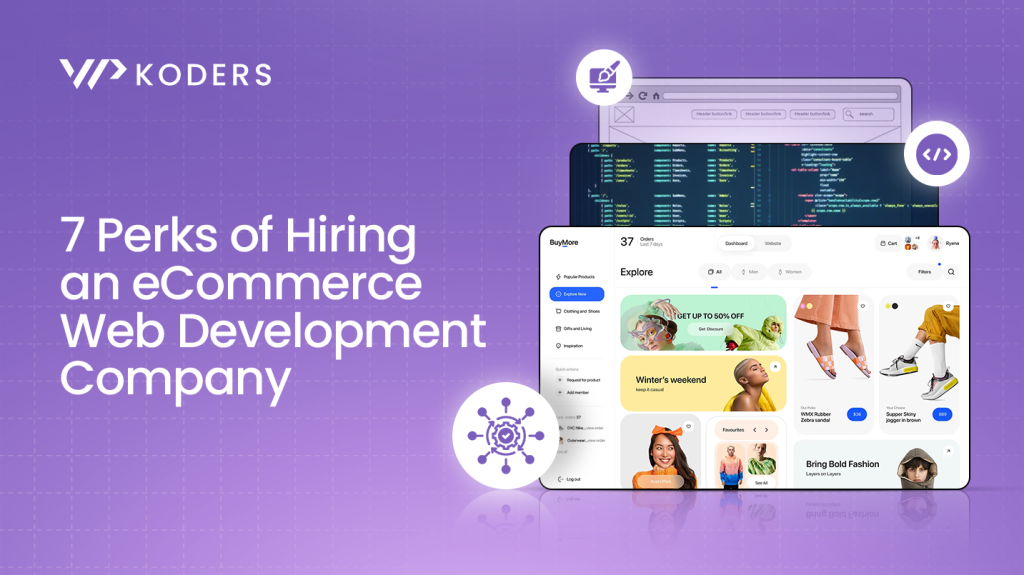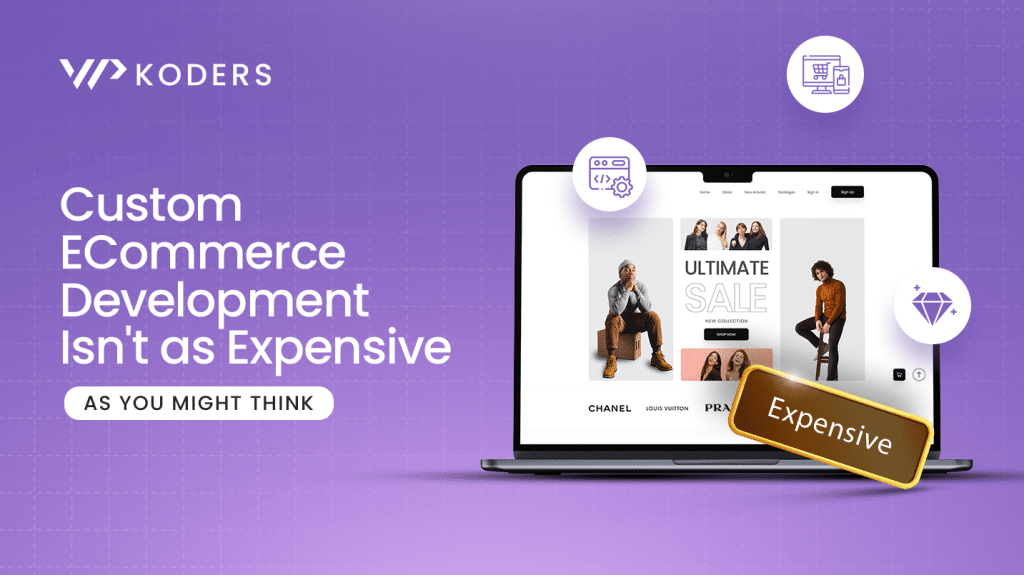The moment you realize the ease of setting up a digital store and the tools for scaling it, you want one. But ecommerce demands a continuous effort to streamline tasks, enhance user experience, and support scalability. Developing a website of that level is a costly venture; that’s where platforms empower you, addressing most of your concerns. There are infinite debates on Wix vs WordPress and Shopify vs WooCommerce, none leading to a definite answer. This blog delves into the key essentials of running a small business for setting out clear requirements. Additionally, it will cover the benefits of choosing the best eCommerce platform for small business management. It will also list some of the leading contenders, while highlighting the ideal one for you (It sure will!).
Key Essentials of Small Business Management
Effective small business management is a multifaceted discipline, requiring a blend of strategic planning, operational efficiency, and keen financial oversight. An ideal ecommerce platform should seamlessly integrate with, or at least support, these critical functions.
Strategic Planning & Goal Setting
Every successful small business starts with a clear vision and well-defined objectives. An effective platform should support the implementation of these goals through tools for product launches, marketing campaigns, and performance tracking. It ensures your online store aligns with your broader business strategy, driving growth and achieving milestones.
Financial Management
Managing cash flow, tracking expenses, and processing payments are central to managing commerce. It needs to integrate payment gateways, generate sales reports, and manage taxes or accounting processes. This simplifies financial oversight, allowing owners to make informed decisions and maintain profitability.
Inventory and Order Fulfillment
For any business selling physical products, efficient inventory management and effective order fulfillment are paramount. A capable platform must provide tools to track stock levels, manage product variations, automate order processing, and integrate with shipping carriers. This minimizes errors, reduces lead times, and ensures customer satisfaction.
Customer Relationship Management (CRM)
Building lasting customer relationships is vital for repeat business and referrals. A platform must enable businesses to collect customer data, segment audiences, manage communications, and provide robust customer support features. It fosters loyalty and enhances the overall customer experience.
Marketing and Sales Optimization
Reaching your target audience and converting them into buyers is a necessity of trade. Built-in SEO tools, email marketing integrations, social media selling capabilities, and campaign performance analytics are inevitable. They empower businessmen to effectively promote products, drive traffic, and boost sales.
Benefits of Choosing the Right Platform
The right ecommerce platform acts as a powerful enabler for small businesses, offering advantages that extend beyond mere online presence. It transforms a basic website into a dynamic conversion mechanism.
Expanded Market Reach and 24/7 Sales
An ecommerce platform instantly breaks down geographical barriers, allowing small businesses to sell to customers worldwide, beyond their local vicinity. Your online store operates 24/7, year-round, meaning customers can shop anytime, anywhere, increasing sales opportunities even while you sleep. Global accessibility and constant availability are game-changers for small enterprises.
Reduced Operational Costs
Compared to traditional brick-and-mortar stores, a digital platform drastically cuts down on overheads. You can save on rent, utilities, and physical security, and often require fewer staff members for sales and customer service. The efficiency gained through automated processes like order management and inventory tracking further contributes to significant cost savings.
Scalability and Flexibility
A top-tier ecommerce platform is designed to grow with your business. You can easily add new products, expand product categories, handle increased traffic, and integrate new functionalities as your business evolves. This means you won’t need to rebuild your entire store as it flourishes and its needs become more complex.
Enhanced Customer Experience
The best platforms prioritize a seamless and intuitive shopping journey for your customers. Features like easy navigation, high-quality product images, detailed descriptions, secure payment options, and mobile responsiveness contribute to positive user experiences. All these features elevate conversion rates, reduce cart abandonment, and foster customer loyalty, convenience, and trust.
Data-Driven Decision Making
eCommerce platforms provide invaluable analytics and reporting tools, offering deep insights into customer behavior, sales trends, and marketing campaign performance. You can track website traffic, popular products, conversion rates, and more. It empowers owners to make better decisions on product development, marketing strategies, and operational improvements, optimizing for sustainable growth.
Leading eCommerce Platforms
The market offers a diverse range of ecommerce platforms, each with its unique strengths. For small businesses, the choice often comes down to balancing ease of use, features, scalability, and budget.
Shopify: The All-in-One Powerhouse
Shopify is arguably the most popular and user-friendly hosted ecommerce platform, ideal for beginners and growing businesses alike. It offers a comprehensive suite of tools from website design and product management to payment processing and shipping. Shopify excels in its ease of setup, extensive app store, and robust mobile responsiveness, making it an attractive choice.
WooCommerce: The WordPress Extension for Ultimate Control
WooCommerce is a free, open-source plugin that transforms any WordPress website into a fully functional ecommerce store. It’s mainly famous for its incredible flexibility and customization options, leveraging WordPress’s vast ecosystem of themes and plugins. While it requires technical know-how for setup and maintenance, you have complete control over the store’s design, features, and data ownership. This makes it perfect for those who want full customization and scalability within the WordPress environment.
Wix eCommerce: Simplicity Meets Online Selling
Wix is well-known for its drag-and-drop website builder, and its ecommerce capabilities extend that ease of use to online selling. It’s a hosted platform that handles the technical backend, like hosting and security, allowing business owners to focus on selling. Wix is an excellent choice for beginners who want a visually appealing online store without delving into coding or technicalities.
BigCommerce: Scalability and Enterprise Features
BigCommerce is a robust hosted ecommerce platform for businesses looking for growth and enterprise-level out-of-the-box features. It offers powerful built-in marketing and SEO tools, no transaction fees on its standard plans, and strong multi-channel selling capabilities. Although it has a slightly steeper learning curve than Wix or even Shopify for basic setups, its advanced features support aggressive scaling plans.
Which One is Ideal for Small Businesses?
For small businesses, selecting the ideal ecommerce platform is a critical decision impacting growth and efficiency. As debates like Wix vs WordPress and Shopify vs WooCommerce highlight, the ultimate choice hinges on your core needs and strengths. Indeed, it is a matter of balancing ease of use with long-term flexibility and control, but we are about to reveal the ideal platform.
Wix shines for its simplicity, offering an intuitive drag-and-drop interface ideal for quick launches and minimal technical involvement. Shopify provides a comprehensive, hosted solution with strong support and scalability, albeit with recurring fees and limitations on deep customization.
However, for those prioritizing ultimate control, extensibility, and cost-effectiveness, WooCommerce often emerges as the frontrunner. As a free, open-source plugin for WordPress, it leverages WordPress’s matchless flexibility. Businesses own their data, can customize stores with numerous ecommerce plugins, and evade transaction fees except payment gateway charges. While it has a steeper learning curve than Wix or Shopify, the long-term benefits of WooCommerce make it an ideal choice for small businesses.
Conclusion
Choosing the best ecommerce platform is pivotal for small business success. While Wix offers simplicity and Shopify provides a robust hosted solution, WordPress stays on top with its most famous plugin. WooCommerce stands out for its supreme flexibility, scalability, and cost-effectiveness for those seeking deep customization. WPKoders is your ideal partner for guidance on platform selection, ecommerce website development, and optimizing online stores for success. We offer WordPress and WooCommerce solutions, including plugins, integrations, and customizations to drive your ecommerce success story.
